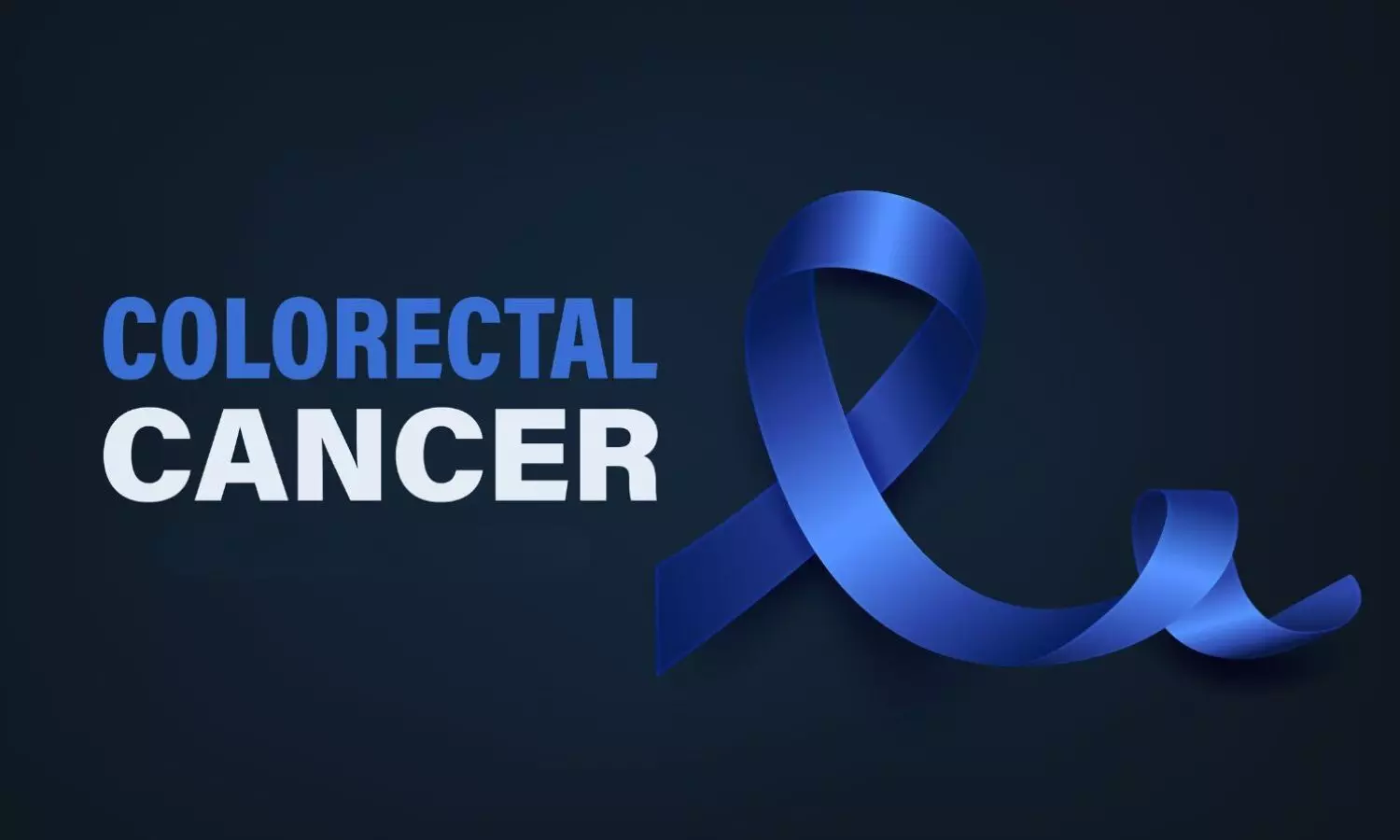Colorectal Cancer: Risks, Symptoms, and Treatment Options

Learn about colorectal cancer, its risk factors, symptoms, and the latest treatment options. Early detection through screening can greatly improve survival rates.
Colorectal cancer is a common form of cancer that affects the colon or rectum, two crucial parts of the body’s digestive system. The disease often begins as non-cancerous growths called polyps, which can develop into cancer over time. When detected early, colorectal cancer is highly treatable, but understanding the risk factors, symptoms, and available treatment options is crucial for early detection and successful management.
About Colorectal Cancer
Colorectal cancer begins in the large intestine or the rectum, typically starting as benign polyps that can turn cancerous if not removed. The disease can spread to other parts of the body if not treated early. It is one of the most common cancers worldwide but is highly preventable through screening and lifestyle modifications.
The Importance of Early Detection for Colorectal Cancer
Early detection of colorectal cancer significantly improves survival rates. Screening tests like colonoscopies can identify and remove polyps before they become cancerous. If detected early, colorectal cancer has a five-year survival rate of over 90%. Therefore, routine screenings are crucial, particularly for individuals over the age of 50 or those with certain risk factors.
Risk Factors Associated With Colorectal Cancer
Several risk factors increase the likelihood of developing colorectal cancer. While some of these factors are out of your control, others are related to lifestyle choices and can be managed.
Age - The risk of colorectal cancer increases with age, especially for those over 50. It is rare in younger individuals, but the incidence is rising among those under 50, making awareness essential at any age.
Family History - Having a family history of colorectal cancer or polyps increases your risk of developing the disease. If a close relative had colorectal cancer, you may need to start screening earlier and more frequently.
Diet - A diet high in red meat and processed foods and low in fibre can elevate the risk of colorectal cancer. Consuming plenty of fruits, vegetables, and whole grains can lower your chances of developing the disease.
Personal History of Polyps or Cancer - If you have previously had non-cancerous polyps in the colon or rectum, you are at an increased risk of developing colorectal cancer. A personal history of inflammatory bowel disease (IBD), such as Crohn’s disease or ulcerative colitis, also raises the risk.
Lifestyle Factors - Physical inactivity, obesity, smoking, and heavy alcohol use are all linked to an increased risk of colorectal cancer. Adopting a healthy lifestyle, including regular exercise and limiting alcohol intake, can help reduce your risk.
Genetic Syndroms - Certain inherited genetic conditions, such as Lynch syndrome or familial adenomatous polyposis (FAP), significantly increase the risk of colorectal cancer. Genetic testing may be recommended for families with a history of these conditions.
Major Colorectal Cancer Symptoms
In its early stages, colorectal cancer often has no noticeable symptoms, which is why screening is so important. As the disease progresses, some symptoms may appear, including:
- Changes in bowel habits: Diarrhea, constipation, or a feeling that the bowel doesn’t empty completely
- Blood in the stool: Bright red or dark blood may be a sign of bleeding in the colon or rectum
- Abdominal discomfort: Persistent pain, cramps, or gas in the lower abdomen
- Unexplained weight loss: Losing weight without a known cause could indicate cancer
- Fatigue and weakness: Cancer can cause anaemia, leading to constant tiredness
While these symptoms can be caused by other conditions, if they persist, it’s important to see a healthcare provider for a proper diagnosis.
Treatment of Colorectal Cancer
The treatment of colorectal cancer depends on the stage and location of the disease, as well as the patient’s overall health. Common treatments include:
1. Surgery - Surgery is the most common treatment for colorectal cancer, especially in the early stages. The surgeon removes the cancerous part of the colon or rectum and, in some cases, nearby lymph nodes as well.
2. Chemotherapy - Chemotherapy uses drugs to kill cancer cells and is often used when the cancer has spread to other parts of the body. It can be given before surgery to shrink tumours or after surgery to eliminate any remaining cancer cells.
3. Radiation Therapy - Radiation therapy uses high-energy rays to destroy cancer cells. It is often used in combination with surgery, especially for rectal cancer, to reduce the size of the tumour before surgery or target the remaining cancer cells after surgery.
4. Targeted Therapy - Targeted therapy focuses on specific proteins or genes that promote cancer growth. This treatment is typically used for advanced colorectal cancer and can be used alongside chemotherapy.
5. Immunotherapy - Immunotherapy works by stimulating the body’s immune system to recognise and fight cancer cells. This treatment is used in specific cases where cancer has genetic mutations that make it responsive to immune system attacks.
Colorectal cancer is a serious but preventable disease. By understanding the risk factors, recognising early symptoms, and getting regular screenings, individuals can reduce their chances of developing the disease or catching it early when it’s most treatable. Treatment options have advanced significantly, offering hope for those diagnosed at all stages of the disease.









